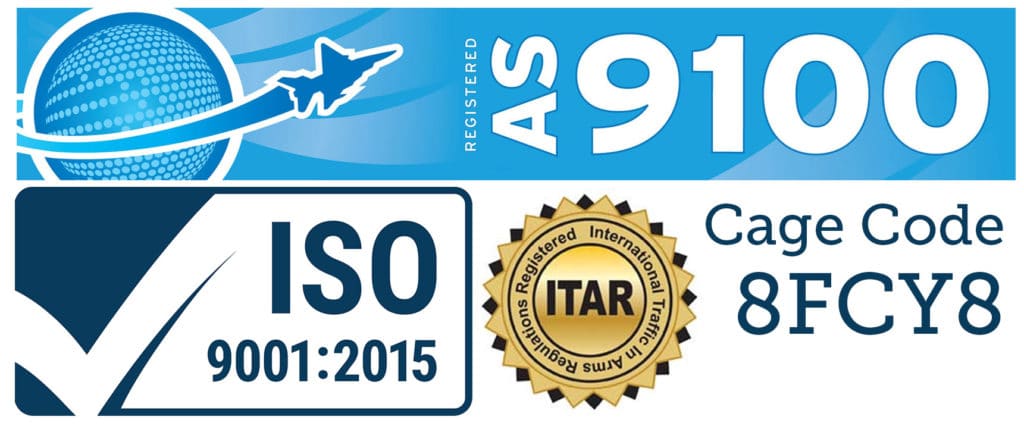Nickel 233 (N02233)
Nickel 233 has excellent corrosion resistance and high electrical and thermal conduction. It is subject to intergranular embrittlement by sulfur compounds above 315°C.
The following datasheet gives an overview of Nickel 233.
Chemical Composition
| Element | Content(%) |
| Nickel (Ni) | Balance |
| Manganese (Mn) | ≤0.3% |
| Silicon (Si) | ≤0.1% |
| Iron (Fe) | ≤0.1% |
| Copper (Cu) | ≤0.1% |
| Carbon (C) | ≤0.1% |
| Magnesium (Mg) | 0.01 – 0.01% |
| Sulfur (S) | ≤0.008% |
| Titanium (Ti) | ≤0.005% |
Physical Properties
| Properties | Metric | Imperial |
| Density | 8.89 g/cm³ | 0.321 lb./in³ |
Mechanical Properties
| Properties | Metric | Imperial |
| Tensile Strength (annealed) | 650 – 880 MPa | 94275 – 127633 psi |
| Yield Strength (annealed) | 350 – 550 MPa | 50763 – 79771 psi |
| Elastic Modulus | GPa | Ksi |
| Poisson’s Ratio | ||
| Elongation at Break (annealed) | 8 – 25% | 8 – 25% |
| Hardness, Rockwell B | ||
| Hardness, Brinell |
Thermal Properties
| Properties | Metric | Imperial |
| Thermal Expansion (@ 100 – 538°C/212 – 1000.4°F) | µm/m°-C | µin/in°F |
| Thermal Conductivity (@21°C / 70°F) | W/mK | BTU in/hr.ft².°F |
Fabrication and Heat Treatment
Machinability
Use conventional means and aggressive feed rates.
Welding
Nickel 233 can be welded using conventional processes.
Annealing
Anneal at 2372°C (1300°F) to 3092°C (1700°F).
Applications
Nickel 233 is used in the following applications:
Address
Vulcan Metal Group LLC
23888 Madison Street
Torrance, CA 90505
United States
Phone / Fax
Phone: +1 310.882.6841
Fax: +1 310.893.0579
Cage Code
8FCY8
Quality Policy: Vulcan Metal Group, LLC. supplies mission critical, special purpose materials, and products at a competitive price. The company’s quality system is registered to ISO 9001 and AS9100 and follows its principles for the governance of the business. An active continual improvement program and compliance with all applicable OSHA, federal, and state regulations is maintained.


